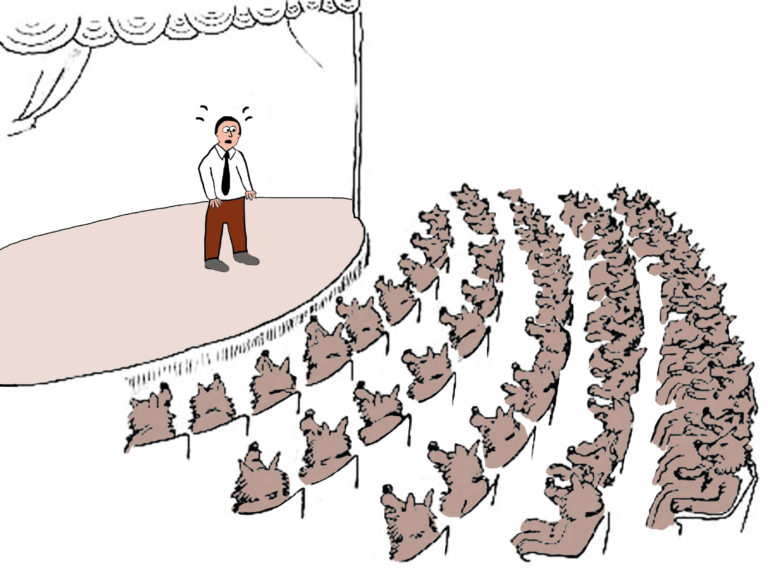
Editor’s note: According to the AAEP horse owner survey, the top three things that horse owners want from vets are 24/7 coverage, a veterinarian who values them and their horse and communicates well, and a practitioner who keeps up with medical advances. With that in mind, regular installments of Keeping Up will headline recent information to keep you abreast of research and advances in the equine medical community, with some business twists added on. Look for Keeping Up articles in EquiManagement magazine and on the website.
Parasites and Stabling
It is generally assumed that horses housed in barns with manure collected every day or two from the stalls are not at risk of ingesting infective larvae of internal parasites (cyathostomines) unless they are turned out on pasture. That premise has been modified with a recent report by S. Love et al. in Parasite Vectors (2016 Aug 31;9:478).
By Day 8 of the study, infective cyathostomine larvae were recovered from moist straw in 18 of 24 samples. Unless the straw was removed and replaced, the number of infective larvae continued to increase over the eight-week period of the study.
Author’s note: This information can be helpful in advising clients of the need for optimal stabling hygiene and appropriate deworming protocols, even when horses are not turned out on pasture.








